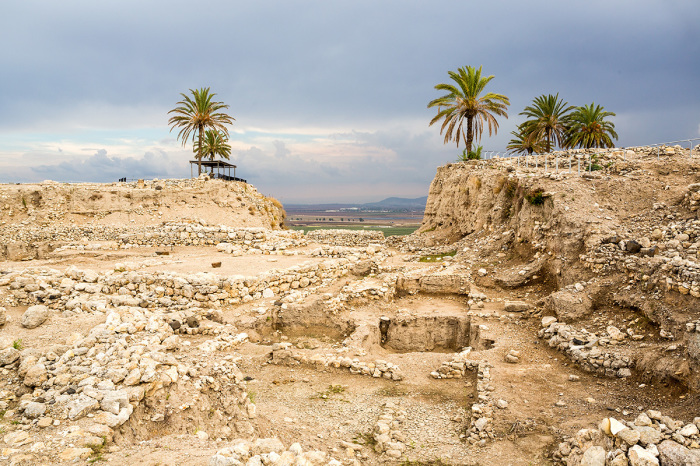
Archaeologists have discovered new evidence backing up the biblical account of the Battle of Megiddo.
The battle is recorded in both 2 Kings and 2 Chronicles and is given as the cause of death for King Josiah, who was noted for being a pious king and is also recorded in the New Testament as an ancestor of Jesus.
Josiah is praised in the biblical text for his zeal in turning Israel away from idolatry and toward worship of the Lord. He is also noted for encouraging the people to observe the Passover, with 2 Kings 23:22 going so far as to say: “Surely there was not holden such a passover from the days of the judges that judged Israel, nor in all the days of the kings of Israel, nor of the kings of Judah.”
However, it was not to last. The Old Testament accounts say that Pharaoh Necho of Egypt came with an army “to fight against Charchemish by Euphrates: and Josiah went out against him.”
Despite Necho warning Josiah that he had not come to fight him, Josiah is recorded as opposing him anyway. In the ensuring battle Josiah is shot by an archer and dies.
2 Kings gives Josiah this epitaph: “And like unto him was there no king before him, that turned to the Lord with all his heart, and with all his soul, and with all his might, according to all the law of Moses; neither after him arose there any like him.”
Now archaeologists have found pottery fragments in the area suggesting that there was indeed an Egyptian presence around the time of the battle in 609 BC.
Israel Finkelstein, an archaeologist at the University of Haifa and Tel Aviv University and the lead author of a study describing the finds, told Live Science that as well as Egyptian pottery, the remains of Greek pottery were also found, likely due to the Egyptian practice of hiring Greek mercenaries at the time.
This article was originally published at Christian Today


















